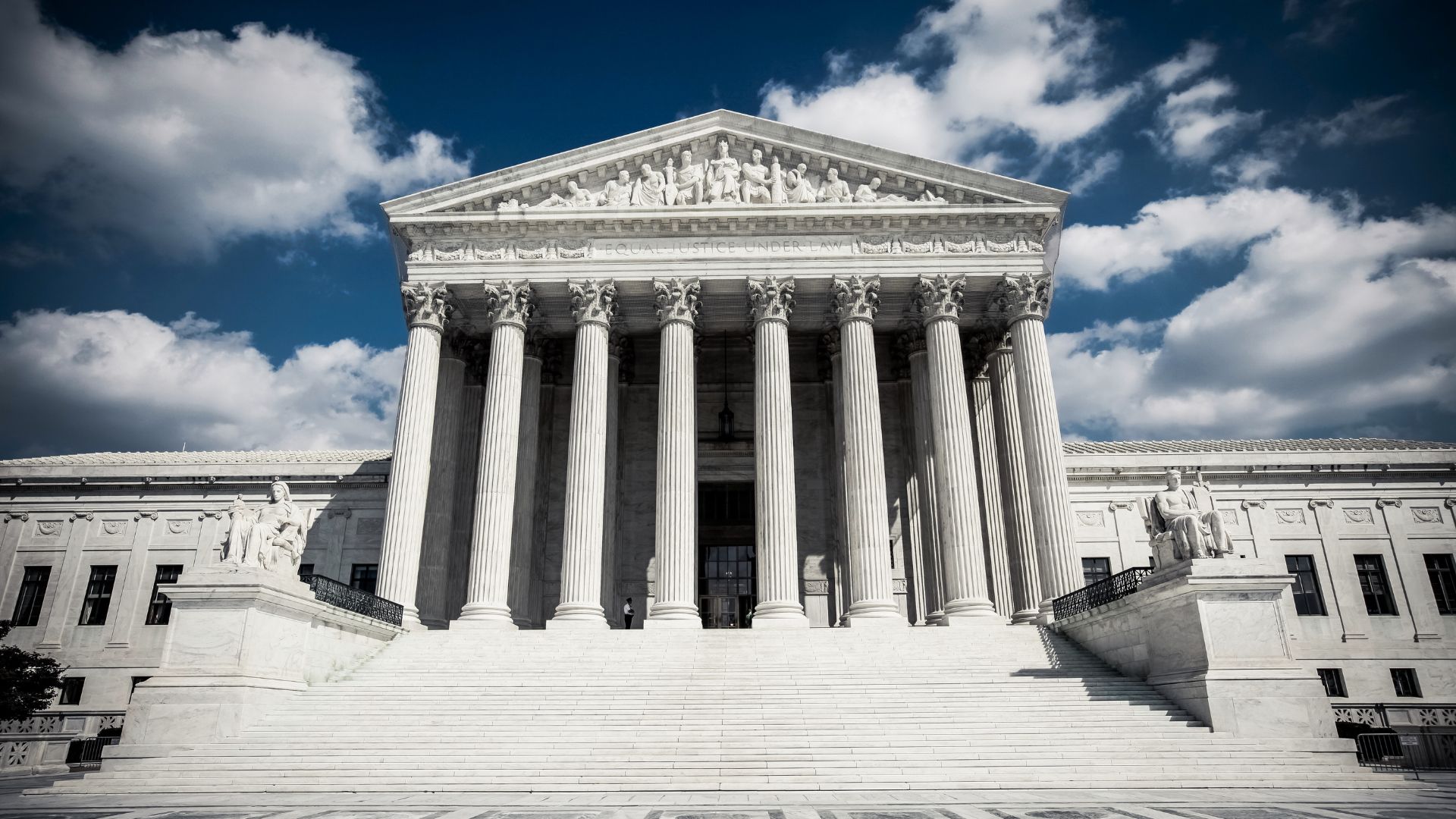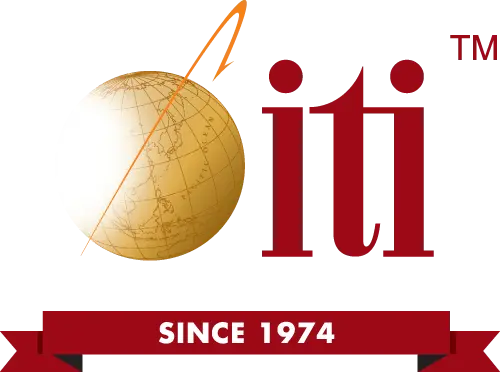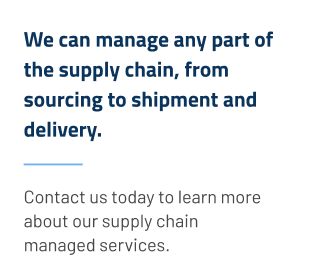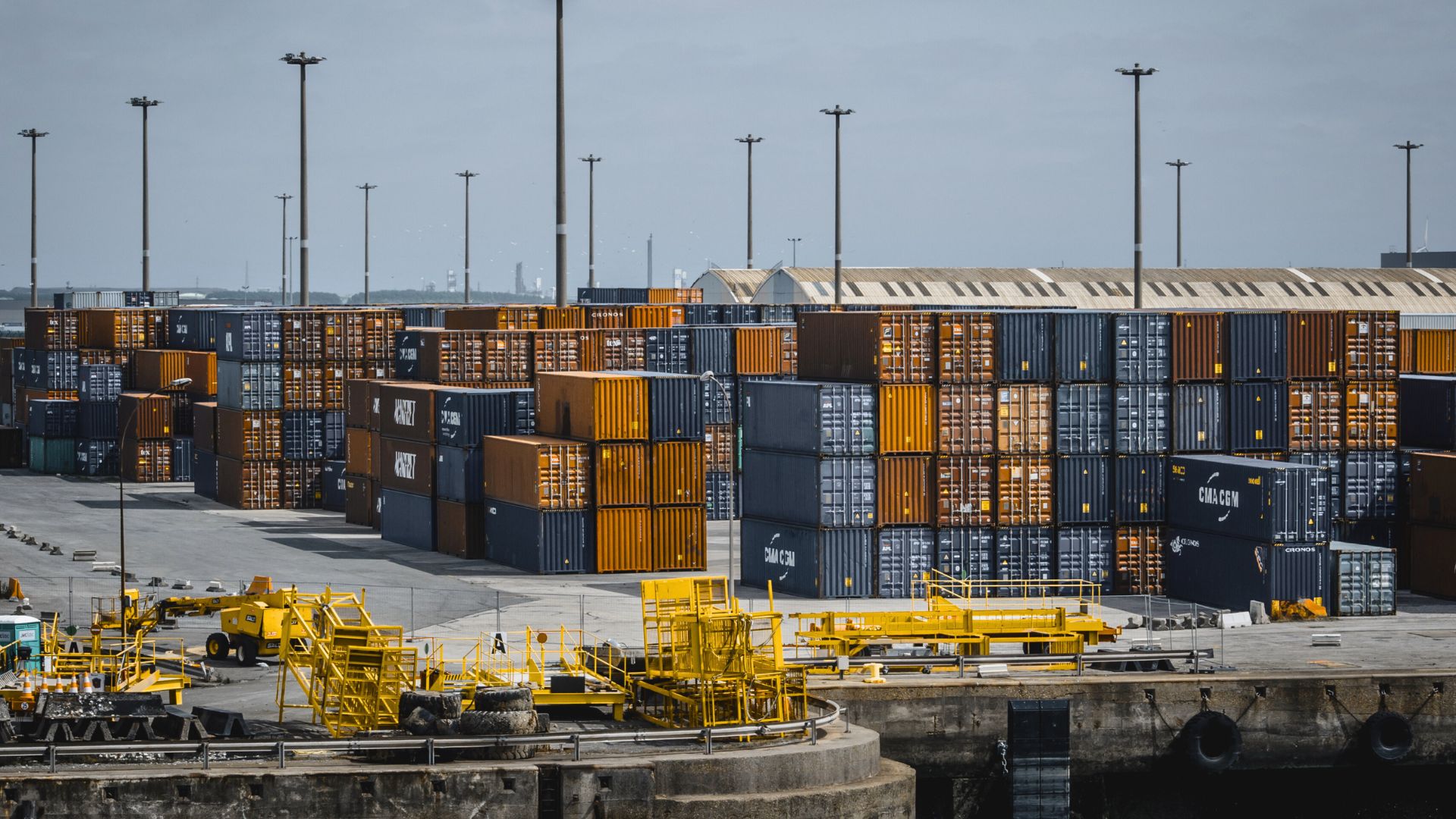
A Supreme Court ruling this November could either erase one set of tariffs, or pave the way for new ones. Unfortunately, the outcome won’t be lower costs, but a new wave of unpredictability.
On November 5, the Court will hear one of the most consequential trade cases in decades: whether presidents can use emergency powers to impose sweeping tariffs. At the heart of the case is the International Economic Emergency Powers Act (IEEPA), which the Trump administration leaned on to expand tariffs far beyond its original intent.
The stakes are enormous.
IF STRUCK DOWN
If the Court sides with lower courts and strikes down the use of IEEPA for tariffs, nearly three-quarters of the current tariff burden could disappear overnight. But don’t expect relief to last long. The government has several other legal avenues to replace these tariffs:
Section 232 (Trade Expansion Act, 1962): Allows tariffs if imports are deemed a threat to U.S. national security. Previously used for steel and aluminum.
Section 301 (Trade Act, 1974): Targets unfair trade practices, including intellectual property violations or discriminatory foreign regulations. However, this requires investigation and negotiation phases, then allows retaliatory tariffs on specific sectors.
Section 122 (Trade Act, 1974): Permits up to 15% tariffs on all imports for 150 days as a temporary measure, without requiring investigation or congressional approval.
Section 338 (Smoot-Hawley Tariff Act, 1930): Authorizes up to 50% tariffs on imports from countries that discriminate against U.S. goods. Rarely used but legally available. Does not require an investigation or public notice.
If IEEPA tariffs vanish, the Treasury would face billions in refund claims. However, businesses would still face immediate disruption followed by new uncertainty as alternative tariff measures are implemented.
IF UPHELD
If the Court upholds this authority, today’s elevated trade environment becomes the norm. With the effective U.S. tariff rate already at 17.4% (up from 2.4% in February), a ruling in favor of broad executive authority would cement tariffs as a long-term cost of doing business and open the door for future administrations to expand them further without congressional approval.
Why It Matters Now
While legal experts debate constitutional law, you’re dealing with real costs, delayed shipments, and constant uncertainty. We understand the toll this is taking on you and your business. Regardless of which way the Court rules, the ability to adapt will determine which companies survive and which face devastating losses. For small businesses especially, the wrong move could mean everything.
With over 50 years of experience helping businesses manage global sourcing and trade risk, ITI is actively running scenarios for our customers.
Want to know how this ruling could impact your supply chain? Contact ITI Manufacturing today.




